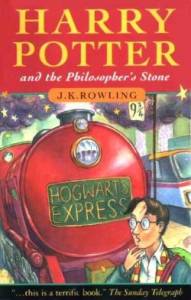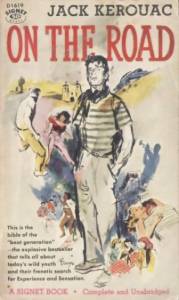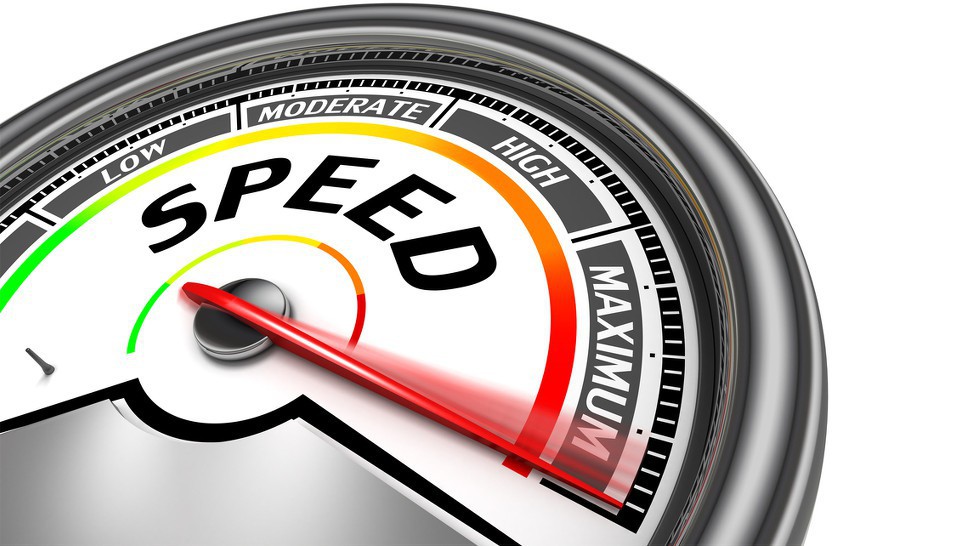Here I am at age 64, and I’m learning as never before. I do so primarily as an autodidact, by reading nonfiction books (history, biography, sports and so on). The content comes first, but there are other benefits. It has been proven—or at least stated persuasively—that reading reduces stress, is conducive to good sleep, exposes us to ideas we would never come up with on our own, teaches us how to communicate effectively, gives us empathy, adds depth and breadth to life, satisfies our curiosity and is one of the best things we can do to stave off Alzheimer’s disease. Reading aids the mind just as aerobic exercise aids the body. I’m a true believer.
Want to look smart?
Also, reading in public makes us appear smart. Walk down the street carrying a book, and people look at you. Not long ago, I was in a neighborhood restaurant for lunch—all by my lonesome. I brought a book on European history and managed to read 10 pages. Just before I left, a lady came up and made a comment. The sight of me eating, reading and using my ball-point pen evidently convinced her that I was a professor. I was sorry to inform her that I was not.

Yeah, I love to read. But I am not out to set any speed records. Who cares if I am fast or slow as long as I grasp what I am reading? The average college-educated person reads 300 words per minute, but I am probably below that for several reasons. With a book in hand, I underline, annotate and take notes for later Googling, and thus additional learning. Sometimes I am confronted with complex and unfamiliar concepts, matters that require intense concentration. It is not uncommon for me to close the book and ponder/imagine/envision what I have just read. A scandalous waste of time, I know. More than most people, I engage in the process of sub-vocalization. That is where we silently “say” the words we are reading. Sub-vocalization? In the privacy of my apartment, I often vocalize lines or phrases that seem extra worthy of my attention. Nor do I hesitate to read a section twice to better absorb it; on occasion, I do so because I value fine writing. As a writer myself, I am always trying to improve and how better to do that than to savor the work of my superiors? (The history book to which I earlier referred was written by a man who is on the faculty of the University of Oxford and is a fellow at the British Academy.) I appreciate fine writing like a oenophile appreciates a bottle of Cabernet Sauvignon; I like writing that is clear, that flows and that has euphony. You don’t pick up such stuff by speed reading.
During my youth, I often heard advertisements for Evelyn Wood’s speed-reading course. This Utah native claimed to be able to read 2,700 words per minute by using such tricks as:
• reading down the page, not every line from left to right
• no sub-vocalization
• no re-reading
• using the hand to “sweep” down the page to pace the eyes at an ever faster rate
• skipping over unimportant parts (how to make that distinction when you’re in a hurry?)
• reading large chunks of text in a single glance
Some people swore by Evelyn Wood, I realize that. Presidents Kennedy, Nixon and Carter were big fans, sending their staffs to her seminars. They insisted Wood’s course not only vastly sped up their reading but they did not lose a thing in comprehension. This I do not believe. Reading is actually a mechanical process, and I fail to see how one can do it at warp speed and still understand what is there on the page. In fact, speed readers are merely skimming. I skim once in a while, too. When I was reading a biography of Albert Einstein last year, the parts about science and physics—despite being dumbed down for a general audience—were much too tough, so I skimmed. You bet I did.
Fast as lightning, a little bit frightening

Einstein was a heck of a lot smarter than me, and so are others. I am no genius, no savant, no MENSA candidate. If I were, maybe I could flip the pages of a book in pell-mell fashion and read every one of them. Have you heard of Anne Jones of London, who can supposedly read 4,200 words per minute? She can go from cover to cover of a Harry Potter book during her tea break, no problem. How about Kim Peek, inspiration for the movie “Rain Man”? He is said to be able to exceed 10,000 words per minute by reading the left page with his left eye and the right page with his right eye. Or Howard Berg, listed in the Guinness Book of World Records for being able to read 25,000 words per minute?
Color me dubious. What Jones, Peek and Berg do cannot possibly be called “reading.” I am reminded of Woody Allen, the nebbish comedian. He was doing a show somewhere in the 1960s and must have got the audience rocking with this joke: “I’ve always wanted to read Leo Tolstoy’s War and Peace, but it was too long [1,225 pages in its first edition]. So I took a speed reading course and finished it in 20 minutes. It’s about Russia.” In a related anecdote, I recall the time Truman Capote issued a flip dismissal of Jack Kerouac’s largely stream-of-consciousness novel On the Road: “That’s not writing, that’s typing.”
In all fairness, I realize that people in high-pressure jobs need to get through reams of paper and discern the key points. Speed is mandatory. They have neither the time nor inclination to relish high-quality writing. An executive whose staff keeps bringing him material needs to go fast. All of Evelyn Wood’s tips are helpful for such a person—so yes, speed reading is not without validity.
Trust the Pointer Sisters

The speed of my online reading (primarily Sports Illustrated, ESPN and the New York Times) easily doubles if not triples that of my book reading. I seek facts and move on quickly. When looking at a computer screen, there is no time to waste. Reading, most of all reading comprehension, is a subjective thing and not easily quantified. The focused learning I enjoy with the well-chosen books in my library cannot be done hastily. It seems entirely appropriate to close with these lines from the Pointer Sisters’ 1981 song “Slow Hand”:
I want a man with a slow hand
I want a lover with an easy touch
I want somebody who will spend some time
Not come and go in a heated rush
I want somebody who will understand
When it comes to love, I want a slow hand.


1 Comment
Excellent first paragraph and another terrific entry by Mr. Pennington. At age 67 and with glaucoma in one eye, I, too, am nevertheless reading more than ever.
During a teaching career that spanned four decades I read to enhance the knowledge I brought to the classroom and as therapy that cleansed my soul from daily battles with the administration and a few sets of idiotic parents (one father threatened my life a month after Columbine).
When in pursuit of an MS in Reading Instruction, I ran across prof after prof who greatly disdained speed reading. Like these sage souls, I disdain quickly reading a passage as much as I would never guzzle a cold beer. There is way too much to savor in a great read only to ruin it by acting as if it were a lawn to be mowed before a thunderstorm. As one of the cheers at dear old MacMurray College admonished, “No. no, never, never, uh-uh-UH!” to speed reading.
I’m halfway through a tedious tome on the life of legendary torch singer Peggy Lee. After lamenting the slow pace that the author had set, I’ve come to enjoy the ride. Instead of thinking, “How much longer until I get to the end”, I’m now letting writer James Gavin guide me through a rich life – albeit a bizarre one – of a woman who lived her days to the fullest.
P.S. Mr. Pennington and I are alike in our passion for non-fiction books that teach us history, sports, and about the lives of those who preceded ours.
Add Comment